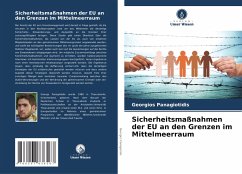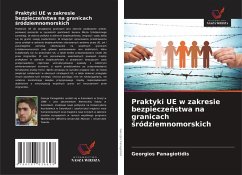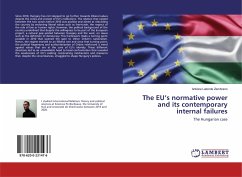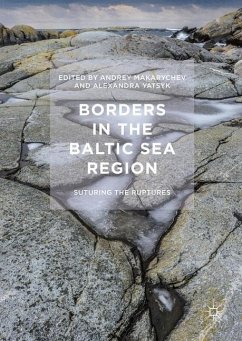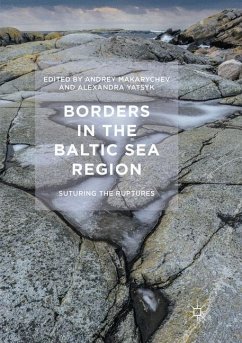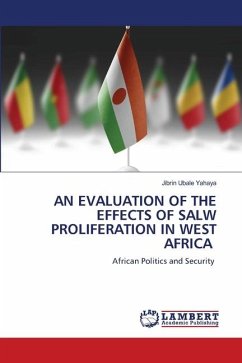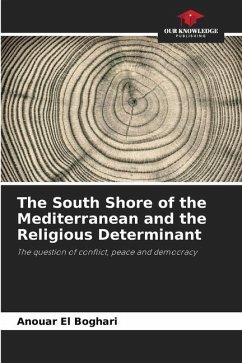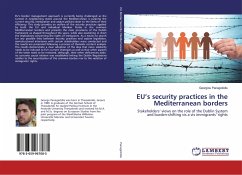
EU¿s security practices in the Mediterranean borders
Stakeholders¿ views on the role of the Dublin System and burden-shifting vis a vis immigrants¿ rights
Versandkostenfrei!
Versandfertig in 6-10 Tagen
33,99 €
inkl. MwSt.

PAYBACK Punkte
17 °P sammeln!
EU's border management approach is currently being challenged as the turmoil in neighboring states around the Mediterranean is pushing the current security, immigration and asylum policies closer to the limits of their efficiency. This study provides an outline of the security practices applied by both the EU and individual Member States in the common Mediterranean borders and presents the main provisions of the Dublin framework as shaped throughout the years, while also examining in short the implications concerning the rights of immigrants. As a means to search for any possible links between...
EU's border management approach is currently being challenged as the turmoil in neighboring states around the Mediterranean is pushing the current security, immigration and asylum policies closer to the limits of their efficiency. This study provides an outline of the security practices applied by both the EU and individual Member States in the common Mediterranean borders and presents the main provisions of the Dublin framework as shaped throughout the years, while also examining in short the implications concerning the rights of immigrants. As a means to search for any possible links between security practices and asylum legislation, semi-structured interviews with certain stakeholders were conducted and the results are presented following a process of thematic content analysis. The results demonstrate a clear adoption of the idea that more solidarity needs to be induced to EU's current strategies as well as that other aspects of the latter need to be reviewed, although, their other deficiencies aside, no concrete causal relation was established linking the Dublin Regulations neither to the securitization of the common borders nor to the violation of immigrants' rights.



